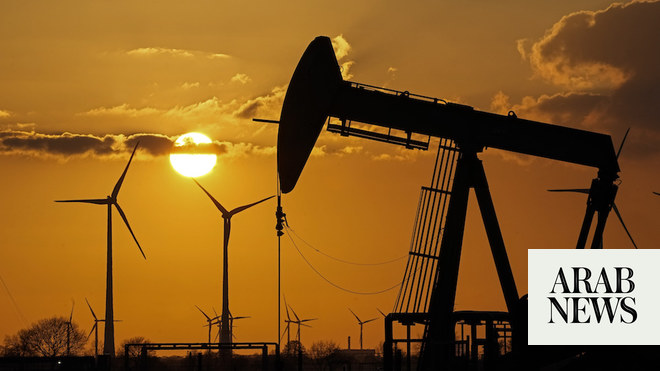
Oil prices shot up to a one-year high on Thursday as traders prepared for possible renewed US sanctions against Iran, and the gap between supply and demand in the market narrowed down.
Three OPEC-connected sources told Reuters that the Organization of the Petroleum Exporting Countries member states are in no rush to lay out the decision addressing the need to pump additional oil to compensate for the expected decline in Iranian exports following the US re-imposition of harsh economic sanctions.
OPEC and non-OPEC producers, such as Russia, have signed an agreement in 2017 to lower production in the hopes of dissolving a market glut.
Officials are considering whether a drop in Iranian exports coinciding with the decrease of supplies of another member, namely Venezuela, would require an amendment to the agreement.
OPEC’s agreement is built to stretch as far as the end of 2018. Energy ministers of signatory states are scheduled to meet in June in order to review the policy.
US sanctions on Iran will include a six-month deadline for buyers to wind up operations in Iran, meaning any loss of supply will not immediately affect the market.
"I think we have 180 days before any spillover of supply," an OPEC source told Reuters when asked about any plans to move. A second OPEC source said that while the need to pump additional supplies was under consideration, it was safe for the Organization to remain in place and monitor the situation.
“I think we have 180 days before any supply impact,” an OPEC source said when asked about any plans for action.
A second OPEC source said that, while the need to add extra supply was being considered, the safest thing for the group to do for now was to sit tight and monitor the situation.
Oil LCOc1 reached $78 a barrel on Thursday, its highest since November 2014, two days after President Donald Trump said the United States was abandoning an international nuclear deal with Iran and would impose new sanctions.
Iran, which pumps about 4 percent of the world’s oil, exports about 450,000 barrels per day (bpd) to Europe and around 1.8 million bpd to Asia. Sales to Europe are seen by analysts as more likely to be reduced by the sanctions.
“It’s too early to know now the impact,” said a third OPEC source.












